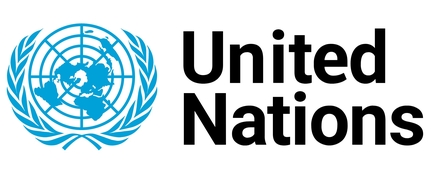The UN Convention on Biological Diversity, COP15, starts in Canada today (7 December). What happens there will affect wildlife across the UK, including Berkshire, Buckinghamshire and Oxfordshire.
The conference comes at a time when a recent study by the World Wildlife Fund suggests worldwide populations of mammals, reptiles, amphibians, birds and fish have plummeted by almost 70 per cent in the past 50 years. The state of nature in Berks, Bucks and Oxon is also concerning and some recent Government actions threaten to make a bad situation worse. This will mean red faces on the world stage at COP15 and diminish the UK’s power to negotiate.
The UK is one of the most nature-depleted countries in the world in terms of biodiversity – and in this area wildlife has suffered over recent decades from intensive farming, river pollution, development and extreme weather linked to climate change. Unfortunately, the Government’s Retained EU Law Bill threatens to remove wildlife protections and the targets they propose to set for nature’s recovery are not ambitious enough.

